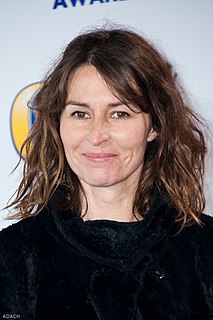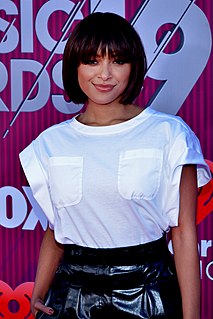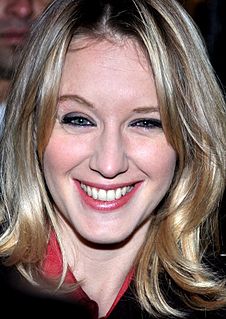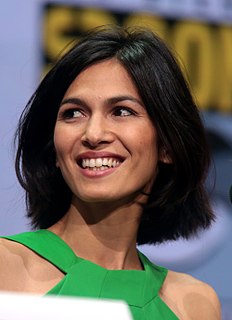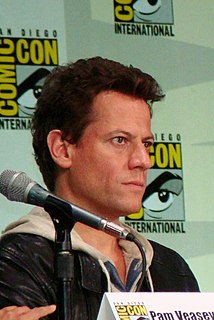A Quote by Quentin Tarantino
Just because you are a character doesn't mean you have character.
Related Quotes
I've been lucky that even when I was younger, just because of my look or whatever, I was afforded the opportunity or called on to try. 'Can you do this Hispanic character?' 'Can you do this Italian character?' 'Can you do this Jewish-American character?' I just had to develop a facility for their accents.
When you are writing, you have to love all your characters. If you're writing something from a minor character's point of view, you really need to stop and say the purpose of this character isn't to be somebody's sidekick or to come in and put the horse in the stable. The purpose of this character is you're getting a little window into that character's life and that character's day. You have to write them as if they're not a minor character, because they do have their own things going on.
I never like to judge the character. I just have to leave my feelings of pity, or fear, about a character - whatever I feel towards the character, I try to leave to one side. It's good to have them, but it doesn't help me. I can't act those things. I just to play the character as truthfully as I can.
It's really an organic sort of process. You start off with the character on the page. You fall in love with that character and you have to represent that character well and I think it's just an evolution there. Using the accent and speaking the lines with the accent in fact opens the door to who the character really is.





